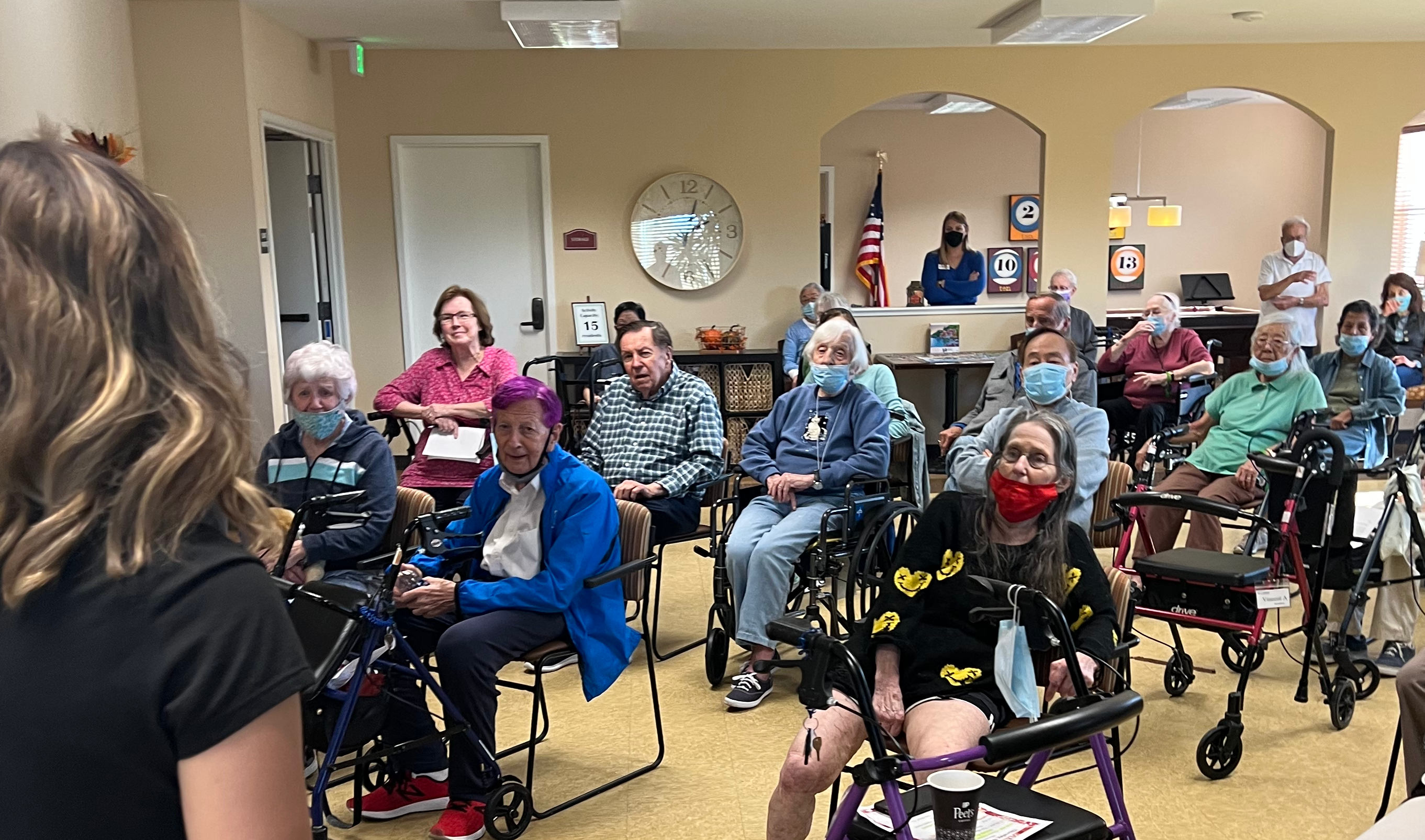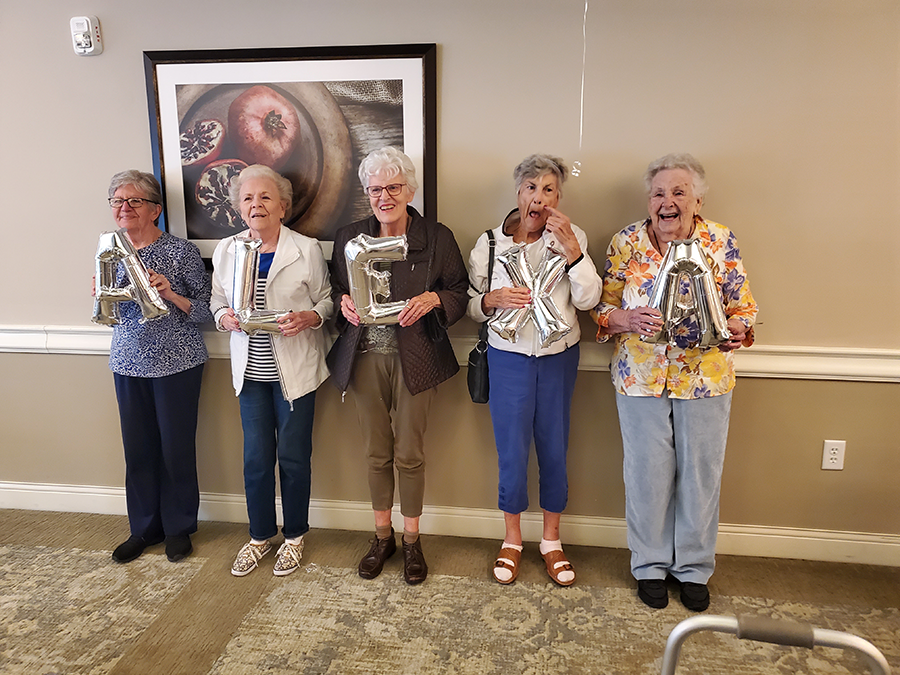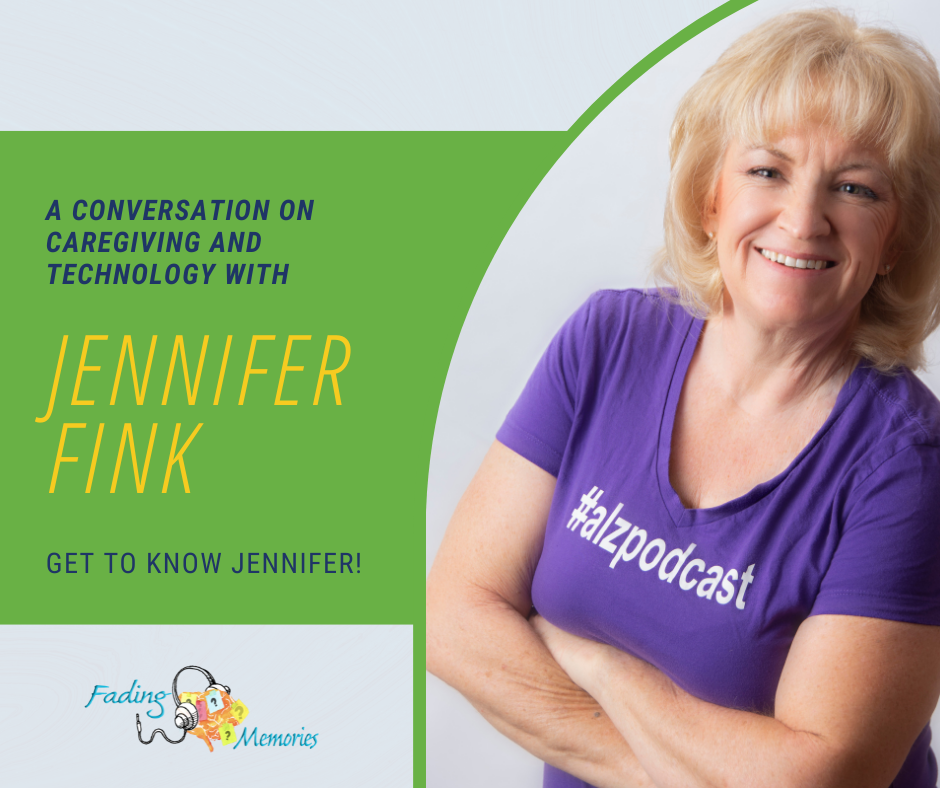Staff Retention: The Unsung Hero of High Occupancy
A consistent and engaged staff is a fundamental component of a Senior Living community's ability to deliver an attractive environment for its residents. Creating a place that seniors and their families trust and feel comfortable calling home is what...
Read More.png?width=1000&height=362&name=logo@3x%20(1).png)
.png?width=500&height=181&name=logo@3x%20(1).png)
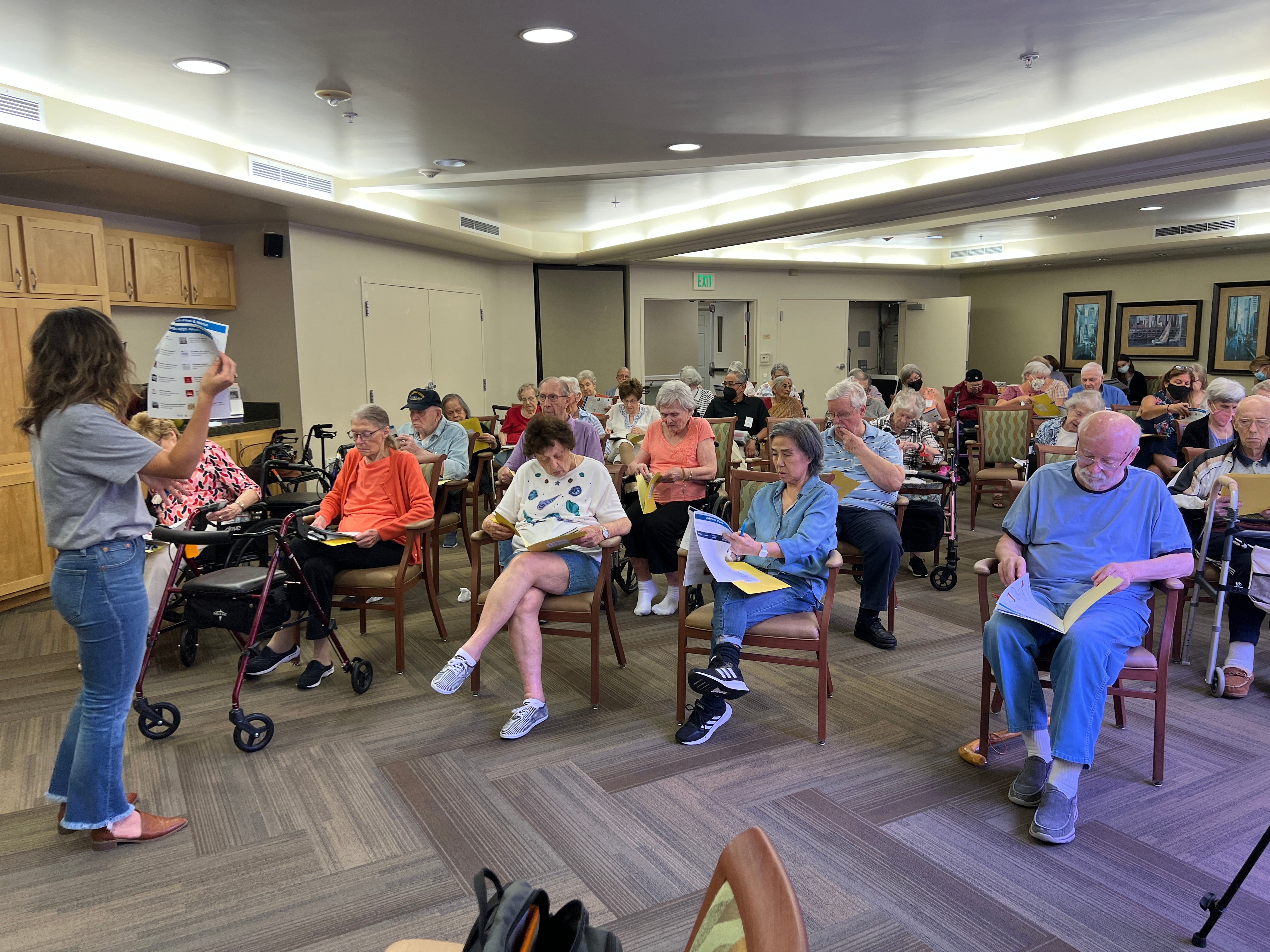

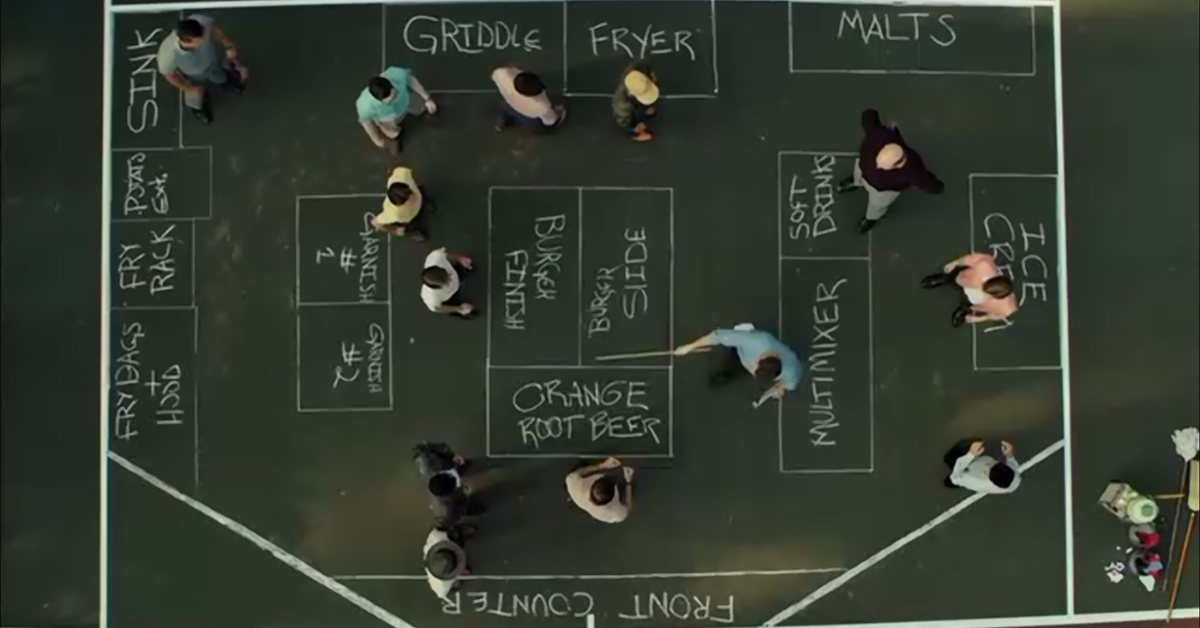

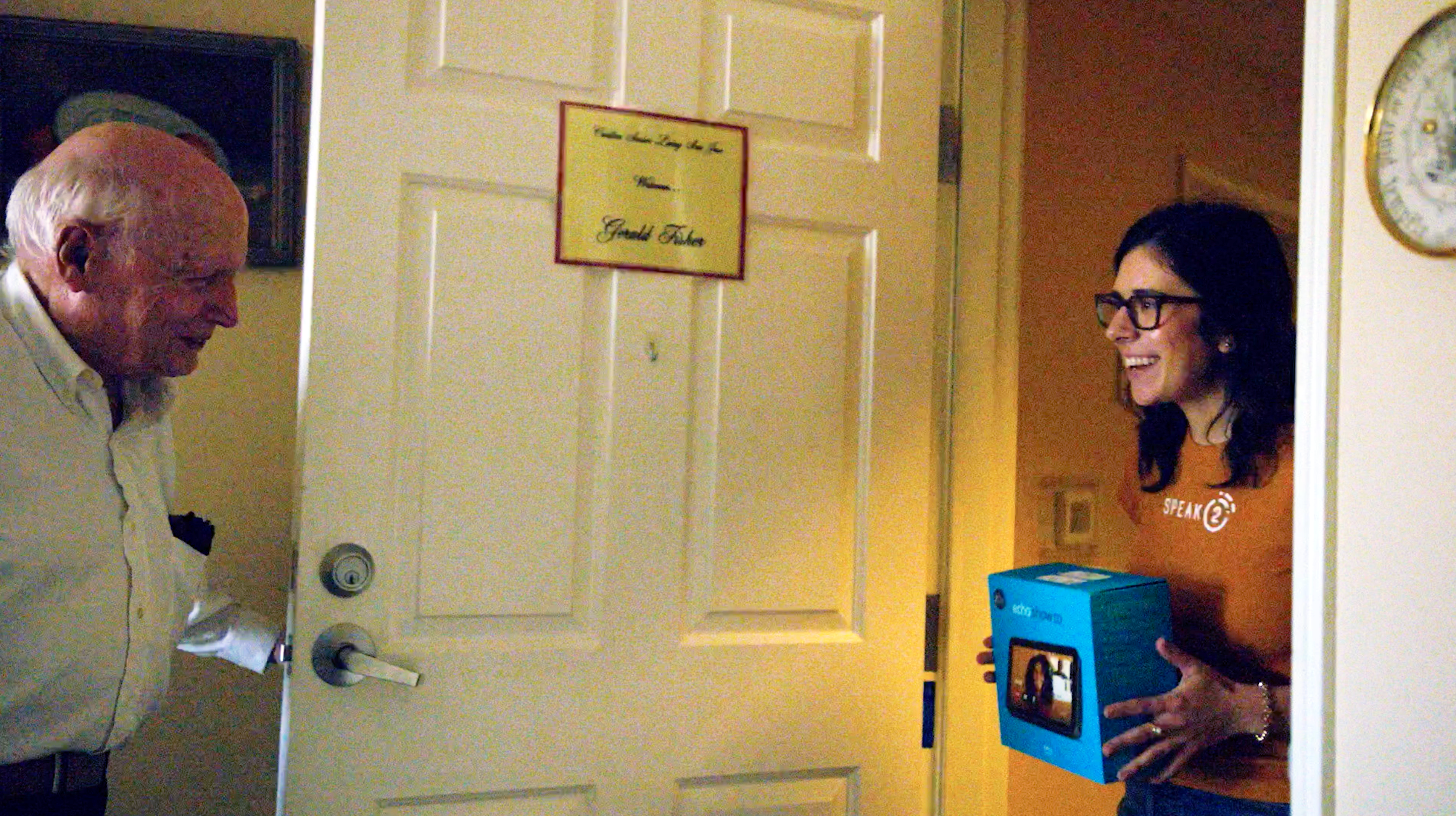
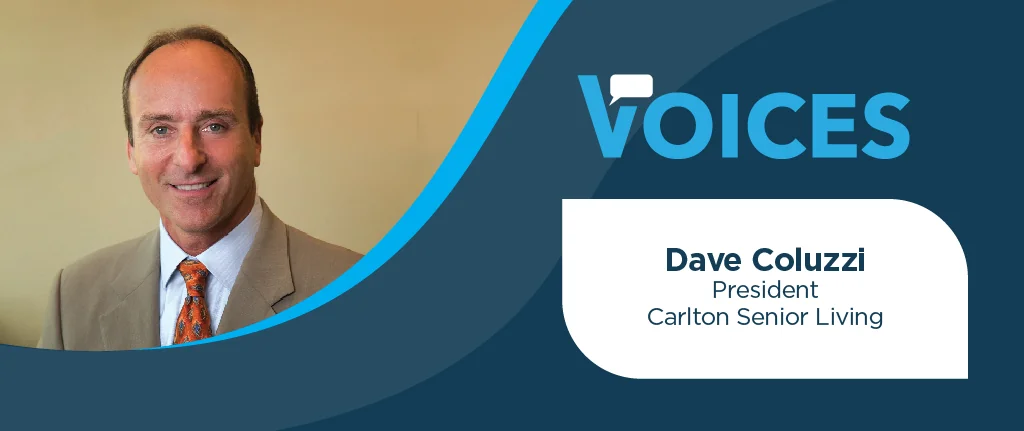
![[New Ebook] Boost Senior Care Profits and Manage Staffing Issues Now!](https://blog.speak2family.com/hubfs/%5BNew%20Ebook%5D%20Boost%20Senior%20Care%20Profits%20and%20Manage%20Staffing%20Issues%20Now.png)
